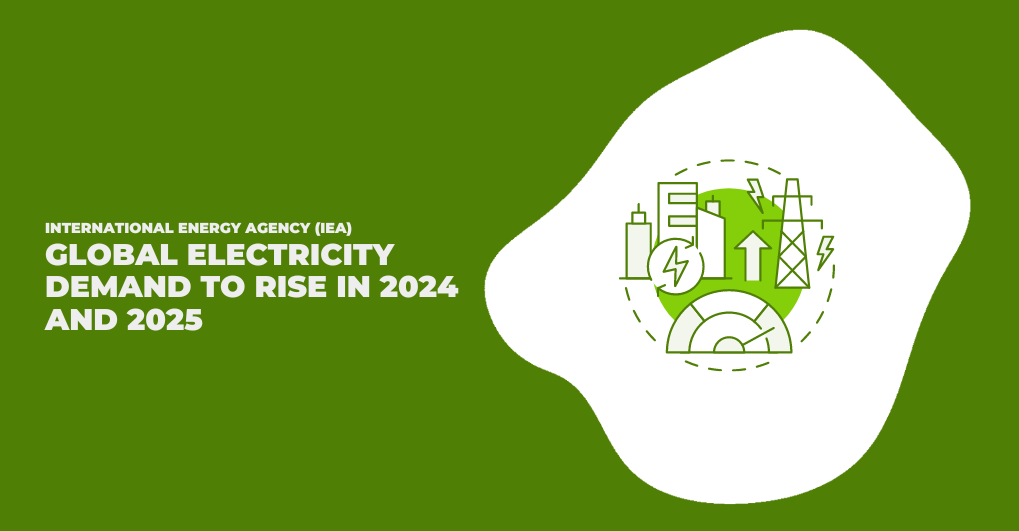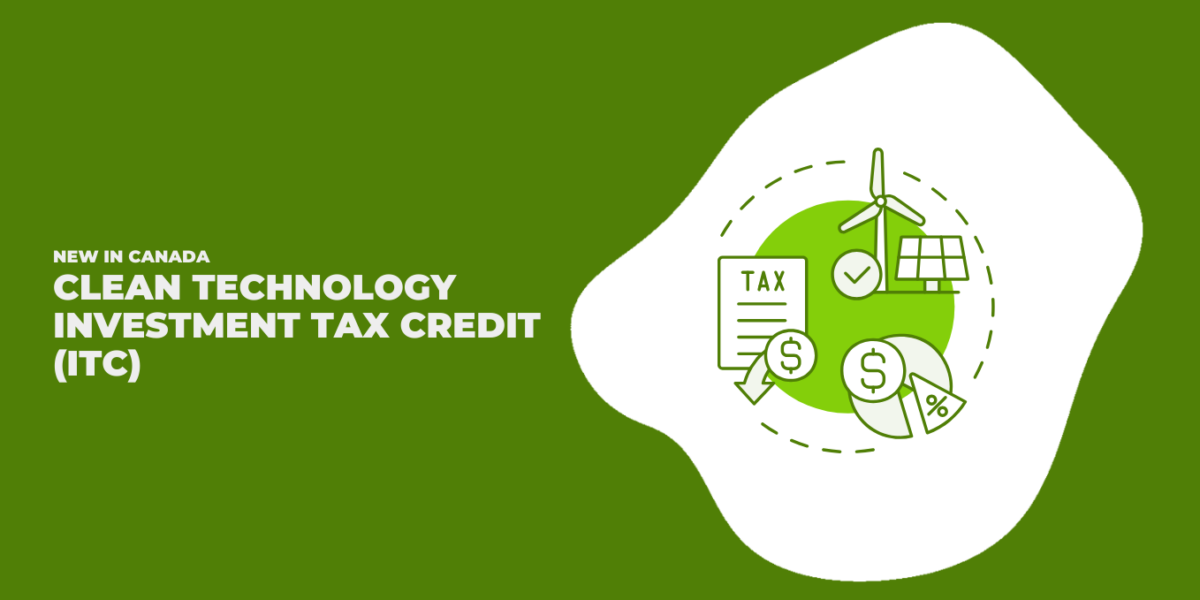The EU saved approximately $97 billion in avoided gas imports between March and September, thanks to growth in renewable power capacity.
To gain leverage in the conflict, Russia reduced and, in some cases, even cut off Europe’s energy supplies.
Since Russia launched its war on Ukraine, wind and solar accounted for 24% of the European Union’s electric production. This boost in renewable energy generation is helping Europe wean itself off its dependency on Russian fossil fuels.
2022 was a record year for EU renewable energy production
Impressively, 19 of the 27 member states of the EU have achieved record wind and solar generation since March. Poland recorded the greatest percentage of year-on-year renewable energy increase, with a 48.5% increase.
The EU country with the greatest renewable generation increase was Spain, with approximately 7.4 terawatt hours. Spain was able to avoid €1.7 billion in imported gas costs with their renewable energy generation.
Although significant progress has been achieved in the renewable energy sector, the EU still has a long way to go in unlocking its full potential. Their usage of fossil fuels still accounts for 20% of electricity, at a cost of around €82 billion.
Considering the EU as a whole, solar made up 345 TWh of the electricity generated from March to September 2022. The record year-on-year increase of 13% could have been even higher had hydroelectric generation not been down 21% due to major droughts that were made worse by the climate crises.
More renewables will help in combating rising inflation rates
Europe’s energy prices are still very high.
In September 2022, energy costs were up 40.8% compared to last year, which accounts for 36% of the EU’s inflation figures.
The effects of Russia’s gas restrictions were not minimal. They accounted for the largest inflationary shocks in Europe since World War II and surpassed the effects of the 1970s oil crises.
Government efforts to limit inflation are not sustainable
Fiscal support packages have been announced by some EU countries, worth hundreds of billions, in an attempt to limit inflation.
The packages will try to subsidize the use of fossil fuels for heating, but there is still an overarching concern shared by many households and businesses that are facing bills they cannot afford to pay.
These major support programs will be impossible to sustain in the long term, and governments will need to think of other strategies to compensate for high fossil energy prices.
Working together, the EU has successfully filled its gas storage containers to get through winter. However, questions remain about how the EU will be able to meet the demands of the following warming season.
The European Commission’s “RePowerEU” proposal advocated for an increase in the renewables target to shift to 45% from the original 40% of the EU’s total energy mix.
It’s more important than ever to shift the focus to renewable generation, and EU countries will be looking for innovative solutions to bolster their clean energy technology.




